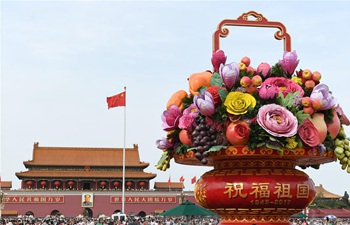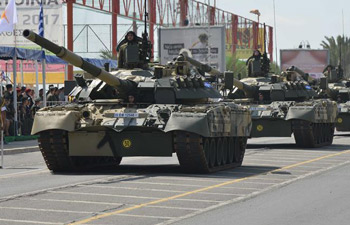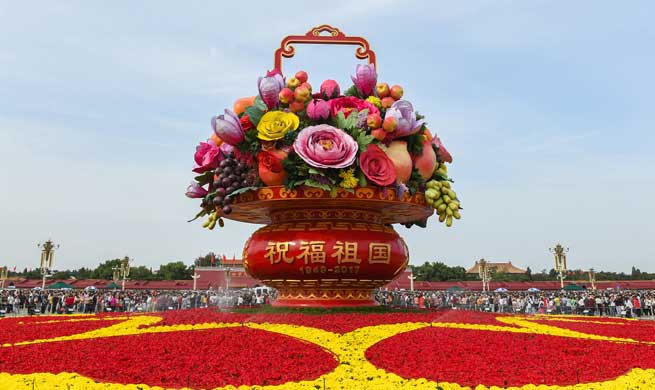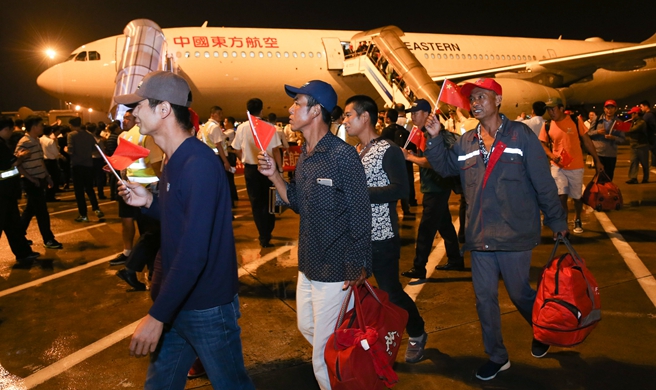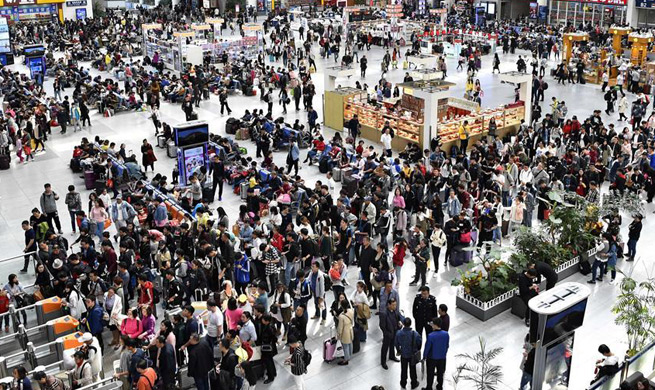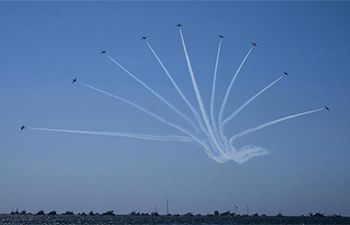by Juan Limachi
LIMA, Oct. 1 (Xinhua) -- Latin America's Pacific Alliance is looking to do away with non-tariff obstacles to trade between its members Chile, Colombia, Mexico and Peru, according to a top Peruvian businessman.
The president of the Peruvian chapter of the trade bloc's Business Council, Mario Mongilardi, said the measure aims to boost the flow of trade, people and services between members of the five-year-old organization.
"We are at a stage in which we have to remove the non-tariff barriers, such as registries, prior permits and licenses, which are interfering with the trade flow," Mongilardi told Xinhua.
"We already have a free trade agreement" between bloc members, he said, so what needs to be done now is to standardize and streamline regulations and regulatory bodies overseeing such issues as food safety and sanitation.
"Today, what we want is to have a single sanitary registry, for example, that can be applied in all four bloc partners," said Mongilardi, who is also president of the Lima Chamber of Commerce.
Tariff barriers are not an issue, since they are at acceptable levels and need no adjustment, he said.
"Free trade agreements have always tended to eliminate tariff trade barriers, but the reality is that in the modern world these tariff barriers no longer exist," he said.
In the past two decades, tariffs have fallen significantly, but other obstacles to trade persist, he said.
"Most countries have tariff rates that are quite low, so having a free trade agreement no longer represents the advantage it did 20 years ago," he added.
The bloc is also closely following the negotiations to update the North American Free Trade Agreement (NAFTA) between Mexico, Canada and the United States.
As Latin America's No. 2 economy, Mexico is a key alliance partner, and any protectionist measures imposed against it by the United States would have repercussions, acknowledged Mongilardi.
"All protectionist measures go against the direction all the world's countries are going in. We have to understand that open markets benefit everyone to the extent that our citizens have the ability to choose from among a greater quantity of offerings," he said.
Countries should bet on greater competitiveness, not protectionism, he said.
"What we have to promote is competition, so prices come down and our products' level of technology and competitiveness goes up," he said.
According to Peru's Ministry of Foreign Trade and Tourism, the alliance is also looking to promote integration with other markets.
To that end, on Oct. 23, the bloc will begin a first round of negotiations towards a trade agreement with Australia, Canada, New Zealand and Singapore.
Endorsed in 2012, the Pacific Alliance is a regional integration initiative, currently with four full member states. The Pacific Alliance represents a market of 217 million consumers.





